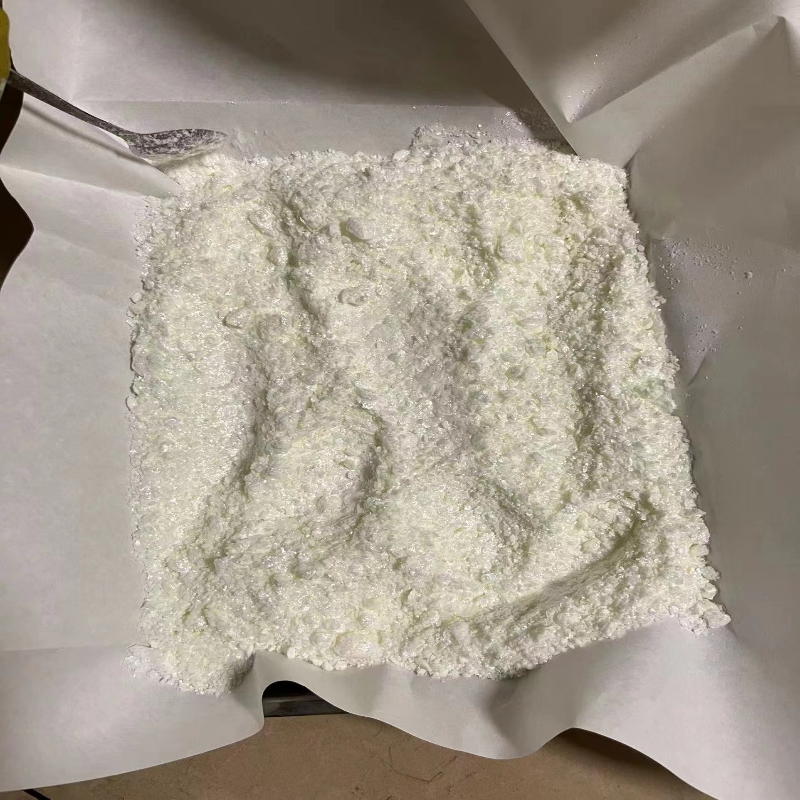-
Categories
-
Pharmaceutical Intermediates
-
Active Pharmaceutical Ingredients
-
Food Additives
- Industrial Coatings
- Agrochemicals
- Dyes and Pigments
- Surfactant
- Flavors and Fragrances
- Chemical Reagents
- Catalyst and Auxiliary
- Natural Products
- Inorganic Chemistry
-
Organic Chemistry
-
Biochemical Engineering
- Analytical Chemistry
-
Cosmetic Ingredient
- Water Treatment Chemical
-
Pharmaceutical Intermediates
Promotion
ECHEMI Mall
Wholesale
Weekly Price
Exhibition
News
-
Trade Service
According to Xinhua News Agency, the RCEP (Regional Comprehensive Economic Partnership) will come into effect on January 1, 2022 for 10 countries including China, Japan, New Zealand, and Australia, marking the world's largest population and largest economic and trade scale.
China's tariff commitment to ASEAN member countries will directly reduce the tariffs on plastics and their products for a total of 150 tax items to 0, accounting for as high as 93%! In addition, there are 10 tax items for plastics and their products, which will be reduced from the original 6.
RCEP’s tax reduction modes mainly include four types: zero reduction immediately after the agreement takes effect, zero reduction during the transition period, partial tax reduction, and exempted products
The detailed tax reductions on plastics and their products in China's tariff commitments to ASEAN member states are as follows:
List of plastics and their products whose tariffs will be immediately reduced to zero in the first year of the agreement
List of zero-tariff plastics and their products during the transition period (10th year) of the agreement
List of zero-tariff plastics and their products during the transition period (15th year) of the agreement
List of zero-tariff plastics and their products during the transition period (20th year) of the agreement
List of zero-tariff plastics and their products during the transition period (20th year) of the agreementList of Partial Tax Reductions and Excluded Products of the Agreement and Plastics and Their Products
For the plastics industry, import and export trade is expected to accelerate, and the number and types of import and export products will increase significantly, which will help Chinese enterprises to better participate in the international division of labor and give play to their comparative advantages
At the same time, it will also force domestic enterprises to innovate and reform, optimize the business environment, and help China's plastics industry to accelerate the construction of a higher-level open economy







